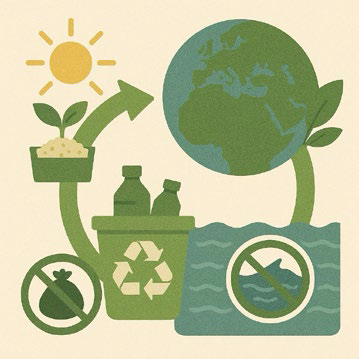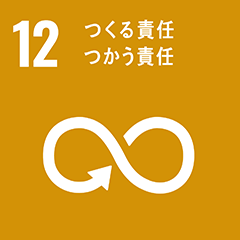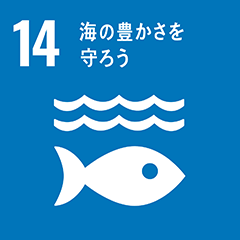Inochi Declaration
Transform plastics into materials that can be recycled repeatedly—never becoming waste but returning once more to plastic. Through this, we can protect and circulate vital resources and build a sustainable society.
Plastics such as polyethylene and polypropylene became widely used in the latter half of the 20th century due to their affordability, light weight, durability, and resistance to decay. These materials have been integral across a range of industries, enhancing our daily lives in numerous ways.
What makes plastics so advantageous? Their greatest strength is their light weight—about one-eighth that of steel. Transparent plastics enable the production of durable containers like PET bottles that won’t shatter when dropped.
Soft transparent plastic films are used extensively in food packaging, helping preserve freshness. Rigid plastics, such as those used in egg cartons, provide essential protection for fragile contents. The affordability of plastic products can be attributed not only to mass production, but also to the development of high-speed molding techniques. Lamination technologies further expanded the utility of plastics, enabling their use in packaging for ready-to-eat foods such as retort-pouch curry, which in turn contributes to food safety. As these technologies rapidly advanced, we came to enjoy the benefits of plastic with little conscious awareness of their pervasiveness.
However, amid this rapid technological innovation, the issue of plastic waste was largely neglected. While the durability of plastics is critical for product performance, most plastics do not biodegrade in the natural environment. Improperly discarded plastics often find their way into oceans, leading to a growing crisis of marine plastic waste. Microplastics are now widespread not only in marine environments but also in the atmosphere, raising serious concerns about human health.
So how can we solve the plastic problem? Unfortunately, there is no definitive solution yet. Strategies and technologies for building a truly circular plastic economy remain in early stages and are far from widespread social implementation. Nonetheless, urgent action is required—especially to address the mounting issue of marine plastic waste. In discussing potential solutions, we must consider three distinct axes: (1) time scale, (2) spatial scale, and (3) strategy. Without this multidimensional approach, efforts may lack direction or effectiveness. Looking toward a full resource circulation with zero waste, all plastic products must ultimately be designed with recyclability in mind, so that plastics can continuously return to their original form rather than becoming waste.
The plastic waste issue is intricately linked to broader social systems, and our capacity for immediate large-scale action is limited. However, we can and must begin with small steps. For example, connecting plastic recycling to upcycled products, or introducing environmentally conscious plastic materials, can contribute meaningfully to addressing the problem. These actions are also effective in fostering citizen-level awareness and engagement with plastic-related issues.

Towards a Zero Plastic Waste Society
At The University of Osaka, the Social Solution Initiative has launched the “Co-Creation Base of Resource Recycling that Aims for Zero Plastic Waste in Osaka Bay” (project lead: Prof. Hiroshi Uyama, Graduate School of Engineering). In 2023, the project developed an interactive educational activity titled Let’s Make a Plastic Waste Coaster for elementary school students. In this program, children process plastic waste to create coasters, gaining a handson understanding that plastic can be reused many times. In 2024, the team collaborated with children to create stylish accessories from recycled acrylic sheets and marine plastic debris. These creative experiences are expected to nurture future leaders in plastic resource circulation.
The Inochi Forum, in collaboration with a wide range of partner organizations, will take steady and practical steps toward the realization of a society in which plastics are no longer discarded after use, but instead returned to plastics through repeated recycling—contributing to the protection and sustainable use of planetary resources.
[References]
・Ministry of the Environment, Japan: Plastic Resource Circulation
https://www.env.go.jp/recycle/plastic/circulation.html
・The University of Osaka SSI: Zero Plastic Waste Initiative
https://www.ssi.osaka-u.ac.jp/activity/core/zero_plastic_waste/
[Action Platform]
Resource Circulation
[SDGs]




